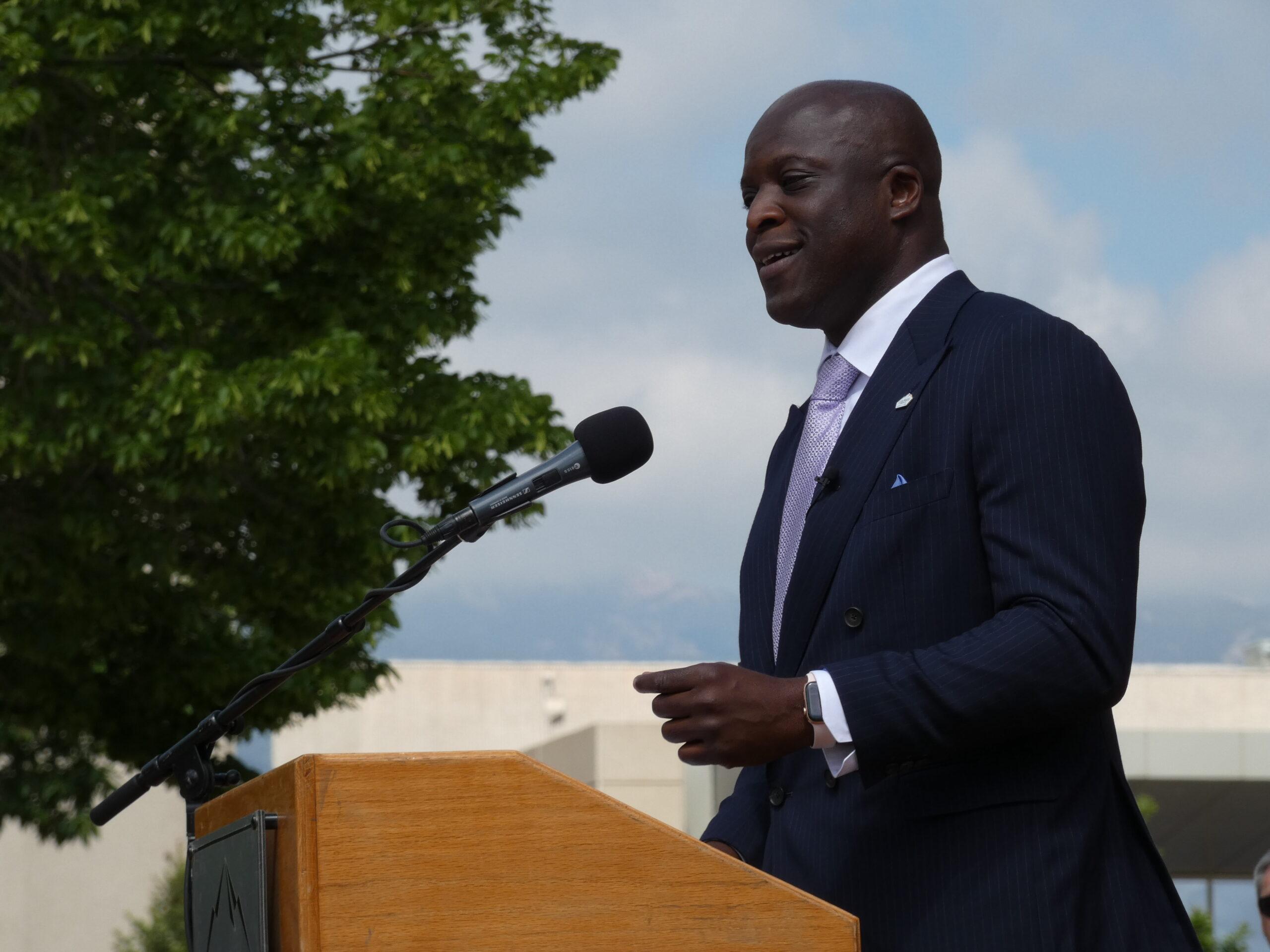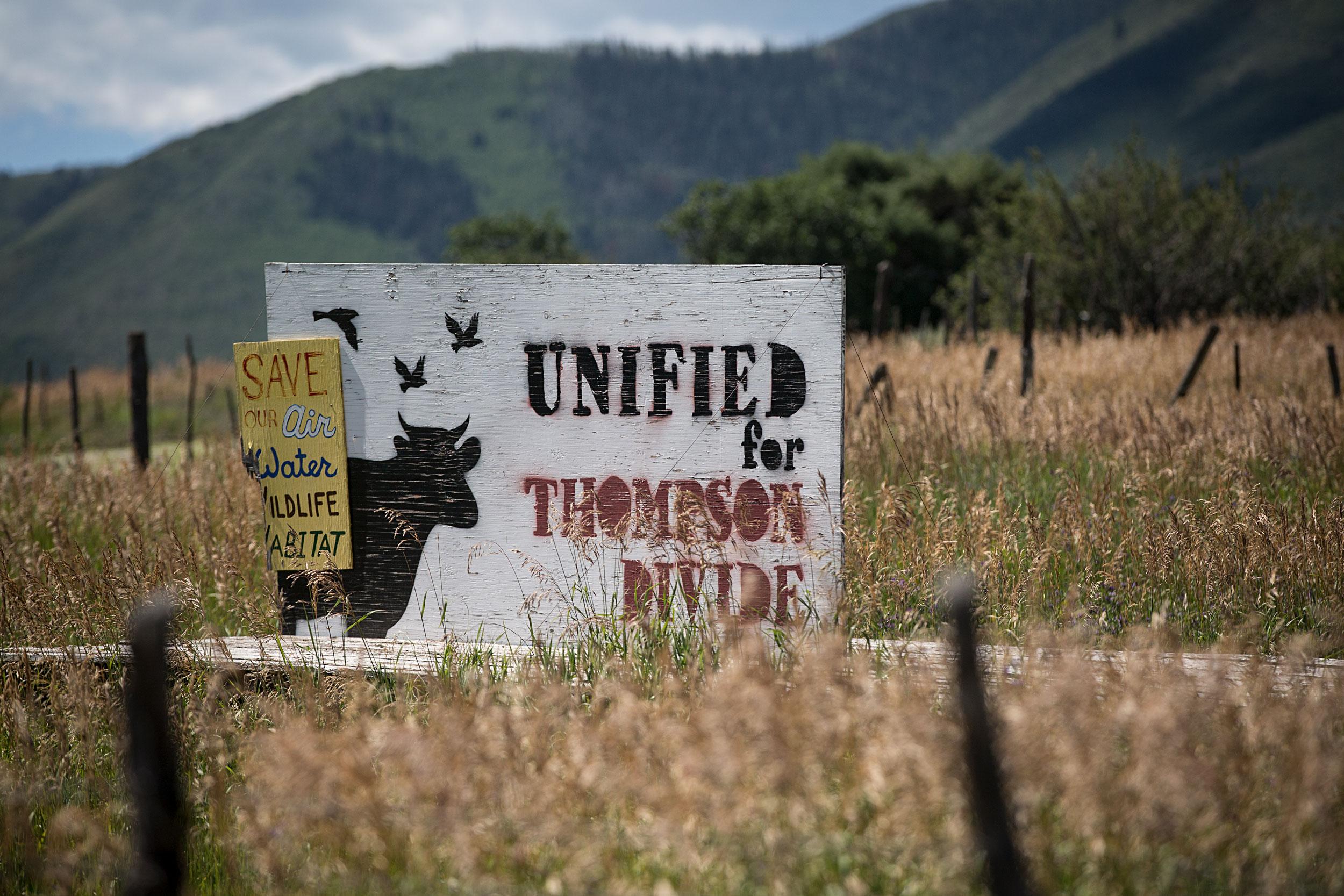
The Thompson Divide, a 220,000-acre patchwork of forest, meadows and mountains within the White River and Gunnison national forests, has long been prime territory for ranchers, farmers, hunters, hikers, mountain bikers and other recreationists.
When the Bureau of Land Management started to lease out parcels for oil and gas exploration a decade ago, Judy Fox-Perry, who married into a fourth-generation ranching family, rallied her neighbors around the kitchen table to discuss ways to preserve the Thompson Divide. With strong local support, they thought it would be easy enough.
“We were pretty naïve,” she said. “And I’ve had big civics lesson over the last 10 years.”
Those 2008 kitchen-table discussions led to the creation of the Thompson Divide Coalition, where she's a board member, and years of attempts to get a protection bill through Congress.
“We’d raised $3,000. We thought we were flush and would get this done in a year,” she recalled. “Here we are, still working on it.”
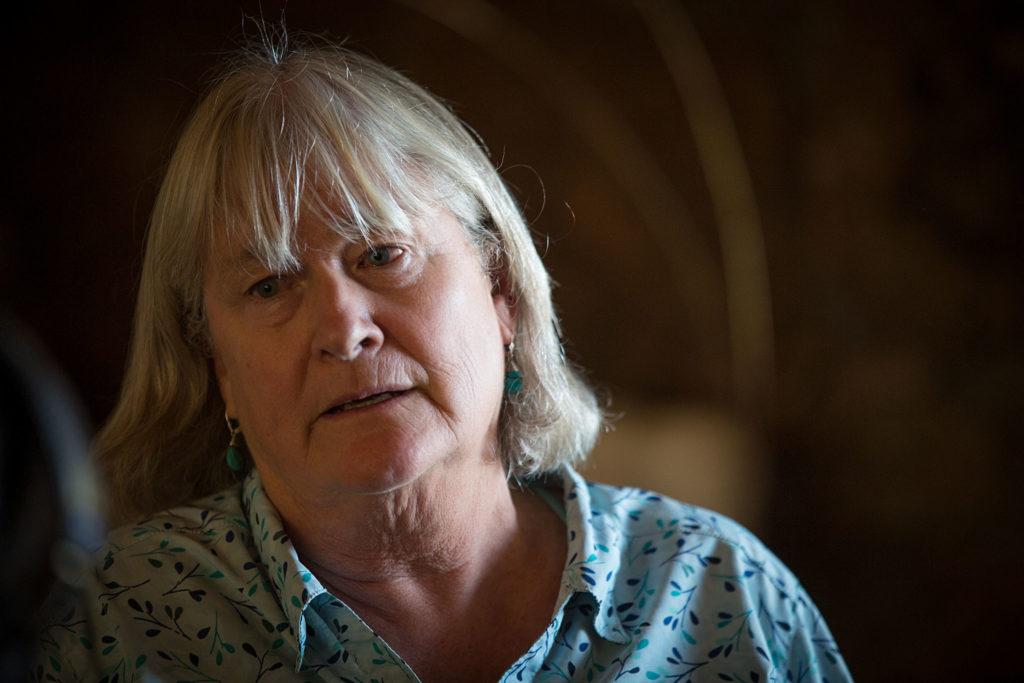
Bills have come and gone, but this year, Democrats Sen. Michael Bennet and Rep. Joe Neguse put the Thompson Divide bill — along with the three other bills to protect the Continental Divide and Camp Hale, the San Juan Mountains and Curecanti National Recreation Area — into one big Colorado public lands package: The Colorado Outdoor Recreation and Economy ACT.
Four-hundred thousand acres of land would be protected, with 73,000 acres designated as wilderness, the government’s highest-level of permanent protection. It would also close off the Thompson Divide to future oil and gas development.
Brien Webster, the Colorado and Wyoming chapter coordinator for Backcountry Hunters and Anglers — a group that supports the CORE act — said you can look at the different parts of the bill and “see where the stakeholder involvement really comes through, really shines. And I think that is one of the biggest strengths of this bill has.”
Webster said the bill has different types of protections from wilderness designation to special management areas that would allow for mountain biking or ATVs. CORE looks at what makes the most sense for the landscape in question. Even so, not everyone agrees.
The Thompson Divide is tucked into Colorado’s 3rd Congressional District and Republican Rep. Scott Tipton said he’s heard concerns from some of his other constituents about CORE.
The Bennet and Neguse package doesn’t have his backing, in part, because Garfield County commissioners were concerned about mineral leasing language. CORE would withdraw areas in Garfield, Gunnison and Pitkin counties from future mineral development. But Tipton acknowledges their position has since changed.

“We'd received word that the county commissioners who had been opposed to the withdrawal of the mineral leases within the Thompson Divide area had said that they'd felt comfortable with the legislation which was in the CORE Act,” he said.
Other concerns he’s heard come from others who worry the proposed changes will hurt “high altitude training, some of the snowmobile issues, access to the public lands, some of the grazing [and] some of the water protection issues.”
Tipton plans to introduce a wilderness bill tailored to his district called the Colorado Recreation Enhancement and Conservation Act. The draft bill would designate over 70,000 acres of new wilderness while releasing about 39,000 acres of wilderness study areas. Thompson Divide protections are not included.
While Tipton's bill has yet to be introduced, CORE has already passed one significant hurdle. As Sen. Bennet notes, it's already been voted out of committee in the House.
“If we could build momentum around the CORE act and there turns out to be a package of public lands bill at the end of the year, then this could be part of that,” he said.
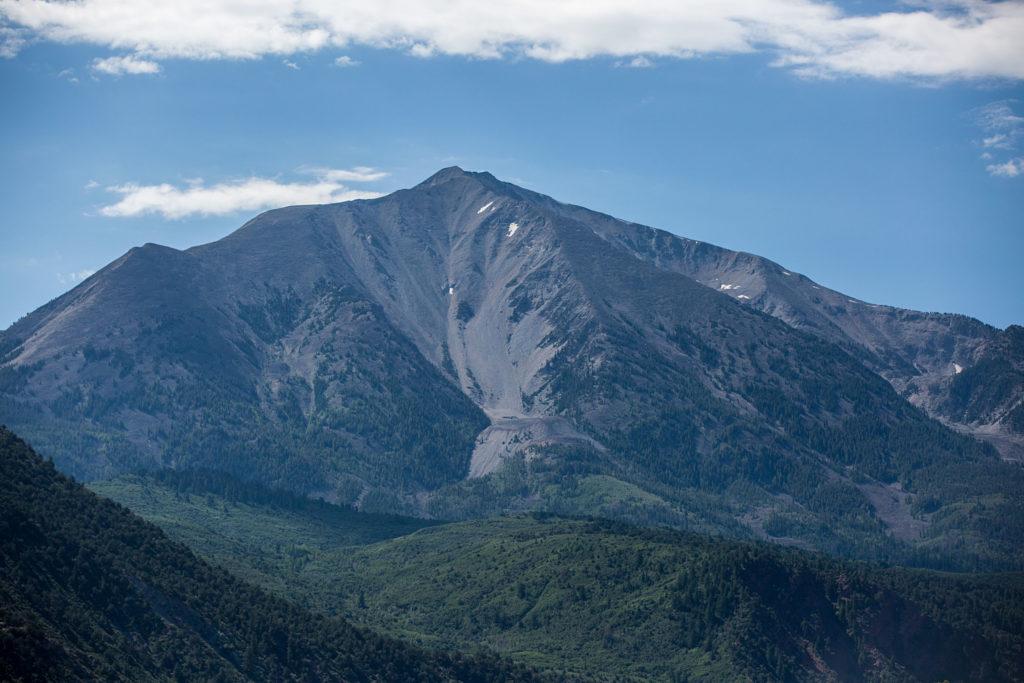
Bennet has asked the Senate Energy and Natural Resources Committee to hold a hearing on the bill. But the GOP-controlled chamber is not likely to move forward without the backing of Colorado Republicans. Sen. Cory Gardner has promised not to stand in the way of the bill, but he’s not in support of it either.
“There are parts of it are very good, I think, that have gotten more support. Parts of it still need to be worked out,” he said. “I’m not stopping it. I’m not blocking it. I hope they find agreement.”
One of those parts that need to be worked out, opponents claim, is how this would impact the High Altitude Aviation Training program based out of the Eagle County Airport. It’s frustrating for those who have spent years building consensus around the elements in the bill, like Will Raoush of the Wilderness Workshop based in Carbondale.
“Everything we’ve heard from Dept. of Defense and HAATS is that the CORE cact would not impact their operations in any way,” he said. “It’s a really important facility. I don’t think anybody’s trying to do anything that would impact that.”
Thompson Divide drilling is what concerns Brook Le Van, owner of the Sustainable Settings farm and a board member of the Thompson Divide Coalition. He was at the table with Judy Fox-Perry when this years-long civics lesson started.
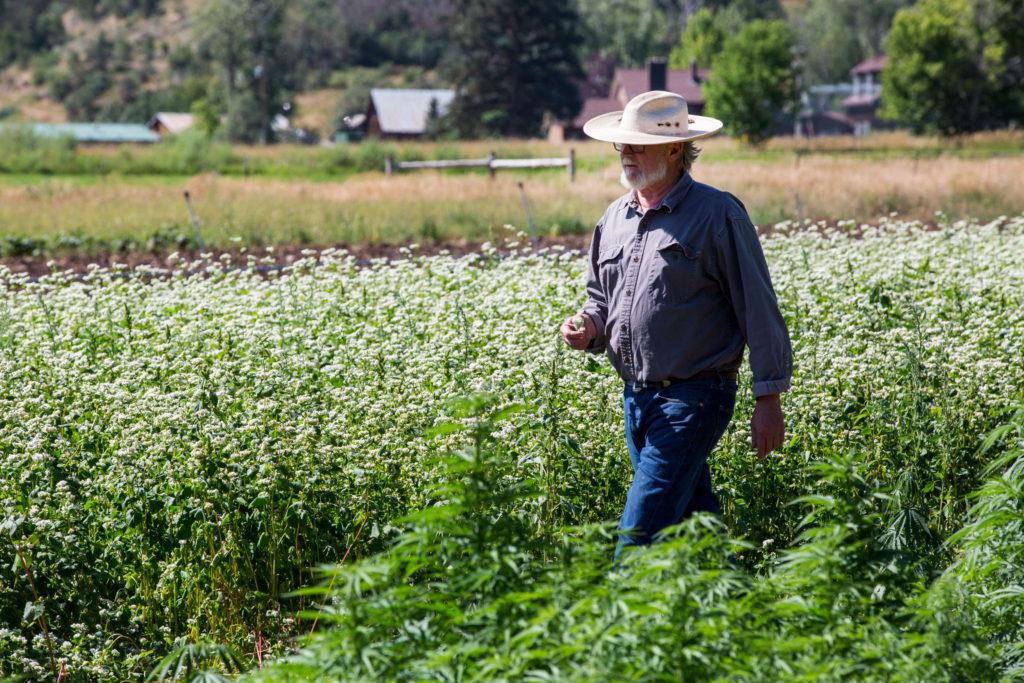
“I don’t see it as not in my backyard,” he said. “I just see it as this is a place that’s pristine and needs to be protected.”
For her part, Fox-Perry is hopeful that elements of Tipton’s bill will be incorporated into CORE or vice versa.
“I just feel like it’s politics. You know they’re just trying to weigh in with one piece and maybe there will be a compromise that’ll bring some pieces together. Because they can’t put all these wilderness bills through. That’s not going to fly,” she said.
It’s been over a decade since a major public lands bill for Colorado has been signed into law. And it’s not just these two bills in the mix. Democrat Rep. Diana DeGette has also introduced a public lands bill that would designate 33 areas across the state as wilderness.
“I would love to get this done,” Fox-Perry said. “I don’t want to leave this for my grandkids to have to rehash in 20 years. I mean It’s just crazy.”



